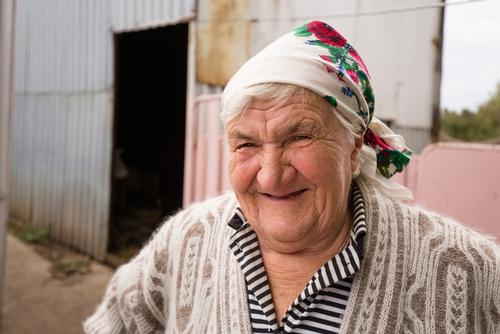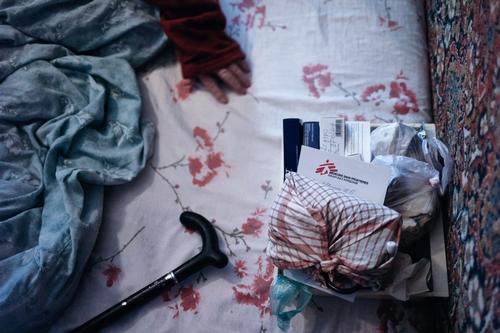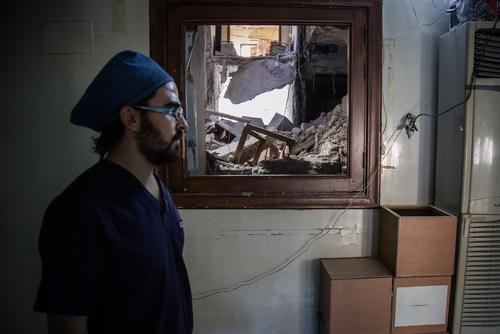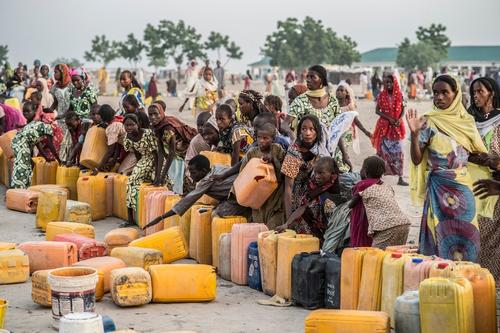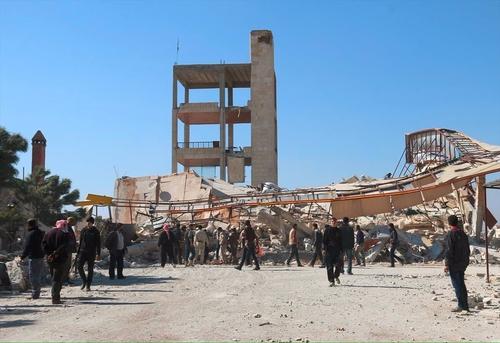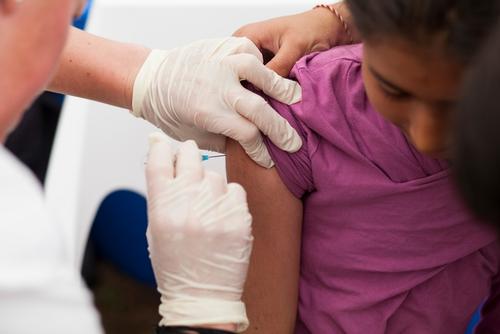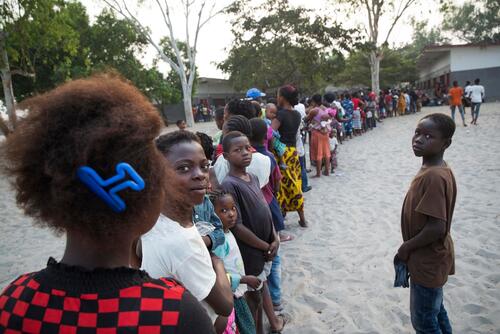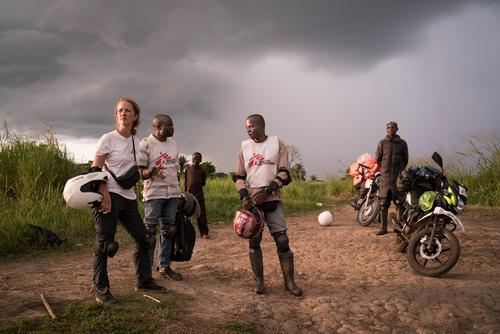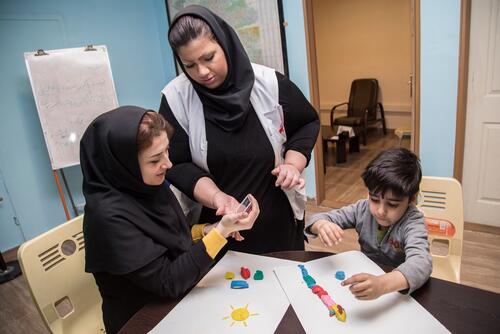
3,100
3,1
Throughout 2016, MSF continued to run mobile clinics along the frontline, and increased psychological and medical support to people living in the areas controlled by the Ukrainian government, including those who had been displaced.
MSF psychologists worked in 26 locations in the southern part of the conflict zone, providing a total of 3,052 consultations for patients suffering from acute or chronic stress. Many had lost relatives or friends in the conflict or had fled because their homes had been damaged or destroyed. MSF also held group sessions to bring elderly people together, including those who had been displaced.
MSF ensured continuity of care for people suffering from chronic diseases such as diabetes and hypertension, as the conflict had interrupted their access to drugs and medical services. In 2016, MSF conducted a total of 38,292 outpatient consultations.
Handover of activities in Bakhmut
MSF teams worked in 40 locations in and around Bakhmut and assisted more than 40,000 residents and 10,000 displaced people. In July, when they saw that the capacity of the local health system had improved and people were receiving the necessary care, they withdrew from the area. In other areas, MSF donated medical supplies to health facilities and handed over its activities, equipment and supplies to other organisations.
Drug-resistant tuberculosis (DR-TB)
MSF continued to support and treat prisoners with DR-TB in pre-detention centres in Mariupol and Bakhmut and in the penal colony in Dnipro. In addition to medical care, MSF provides psychosocial assistance to support patients through the difficult treatment regimen.
154
154
5.2 M
5.2M
1999
1999
Find us online
Patient Story
Taisiya Gregorivna – 82.
Taisiya has lived in Pavlopil, a village just a few kilometres from the contact line in eastern Ukraine, for the last 46 years. Since 2014, Taisiya’s house has been shelled twice, forcing her to move to a safer place for a while. After receiving the support of her family to rebuild her house, she is now back home. Over the past months, Taisiya has received medical care from MSF for a heart condition she suffers from, as well as mental health support to cope with what she has been through.
“I can’t recall exactly when my house was first damaged by shelling, but I remember being very scared. Two shells hit the road, just in front of the main entrance, with shrapnel damaging the walls and some windows. The second time was during winter. I was alone in the house, and it was a very dark night outside. The roof was shelled twice. It was destroyed together with some of the rooms. All the windows also broke apart. I called my daughter who lives in Mariupol and left for the city the day after. I am so grateful for my family: my four children, six grandchildren and eight great-grandchildren. They are a great support. They take such good care of me; they are the ones who helped me to get my home back. Look around – others didn’t get so lucky.”
